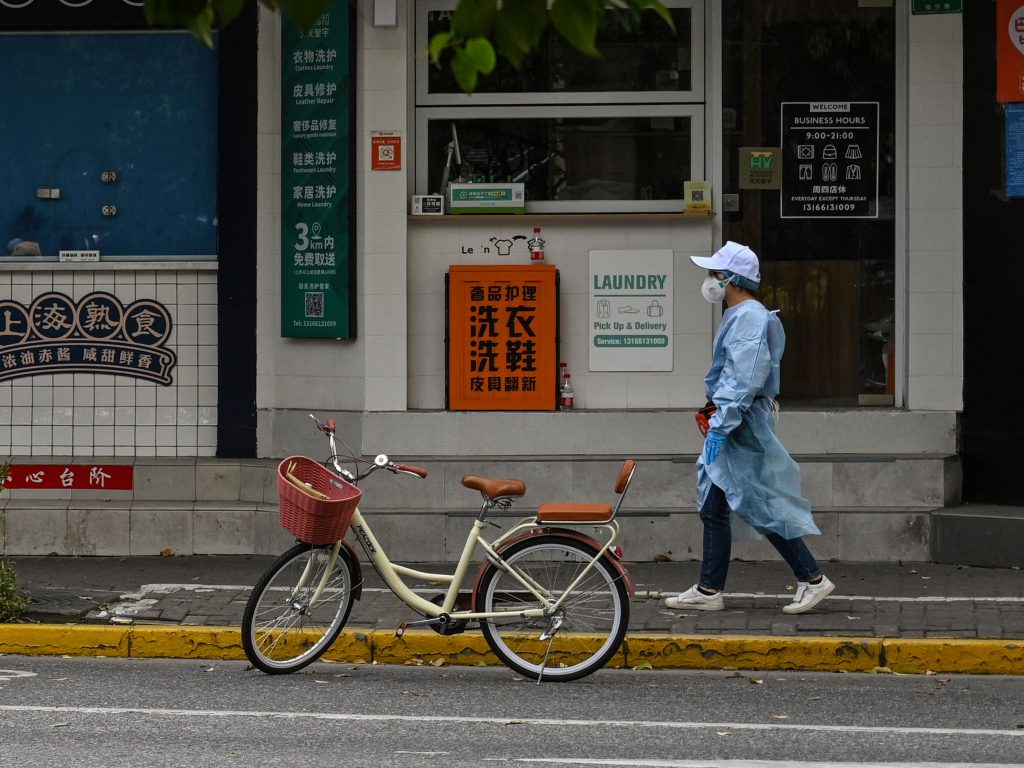- Locked-down factory workers at an Apple supplier in Shanghai have revolted over their captivity.
- The workers, who bunk in 12-person dormitory rooms, stormed their managers' dorm, regional media reported.
- The workers have been sealed off from the outside world since Shanghai entered COVID-19 lockdown.
Locked-down factory workers at an Apple supplier in Shanghai stormed a dormitory housing company management in protest against their captivity, regional media reported.
Taiwan-based Quanta Computer, which makes MacBooks and other computers at a factory in Shanghai, sealed employees in worksite dormitories when the city entered COVID-19 lockdown in April. Since then, workers have been banned from leaving their dorms and seeing friends and family.
A dispute over their captivity and pay prompted a large group of Quanta workers to last weekend storm a dormitory housing the company's Taiwanese managers, resulting in a lengthy standoff, according to regional media.
Some Taiwanese staff members grasped umbrellas to use in self-defense should the protesters breach their dorm, according to China Times, a Chinese-language Taiwanese newspaper.
Apple and Quanta Computer did not immediately respond to Insider's requests for comment.
Factories across Shanghai have set up "closed-loop" systems to shield workers from COVID-19 infection amid an outbreak in the city, and to comply with China's strict zero-Covid policy.
Tesla has quarantined thousands of workers in disused factories and an old military camp as part of its closed-loop system, to keep its Shanghai Gigafactory running.
The extended captivity of thousands of Chinese factory workers has prompted revolt. A video of Quanta Computer workers jumping over turnstiles and exchanging blows with quarantine officials went viral earlier this month.
Low-wage workers at Quanta Computer make a monthly base salary equivalent to $450, one employee told Bloomberg.
Apple has warned that delays to its notebook shipments will stretch on for weeks, as many Shanghai worksites slowed or stalled production due to COVID-19 restrictions. Meanwhile, the company is looking to ramp up production outside China, in part to lessen its vulnerability to Beijing's zero-Covid policy.
On Thursday, Shanghai revealed plans for an easing of lockdown, which is expected to lift on June 1.
